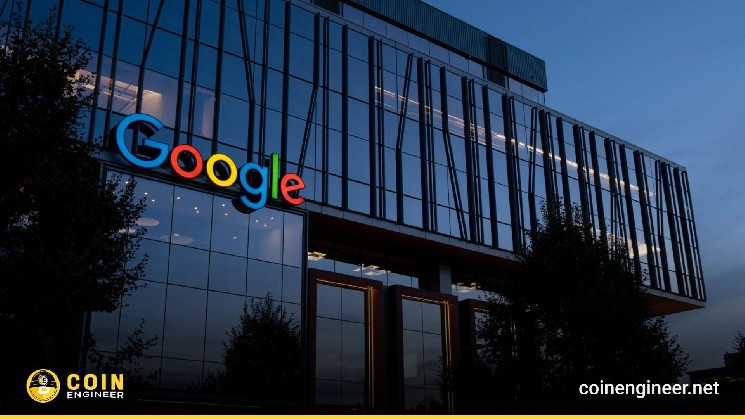Google Play has restricted access to 17 unregistered overseas crypto exchanges for South Korean users. Which crypto exchanges have been restricted?
Google Play Restricts Access to 17 Unregistered Crypto Exchanges for South Korean Users
Google Play has imposed access restrictions on 17 unregistered overseas crypto exchanges serving South Korean users. This action was taken at the request of the Financial Services Commission (FSC) of South Korea. On March 21, the Financial Intelligence Unit (FIU) of the FSC announced that sanctions would be considered for exchange operators who had not notified the regulators. Following this, the FIU coordinated with the Korea Communications Standards Commission (KCSC) to block access to these exchanges.
As of March 26, the FSC announced that 17 out of 22 unregistered platforms had been blocked from the Google Play Store. This restriction effectively limits user access by preventing new downloads and updates of the affected applications.
Google Play Restricts Access to 17 Unregistered Exchanges
The FSC confirmed that the 17 exchanges on the list are now restricted on the Google Play Store, meaning users can no longer download or update their apps. The exchanges affected by this restriction include KuCoin, MEXC, Phemex, XT.com, CoinEX, Poloniex, BTCC, BitMart, among others.
The FSC stated that this move would help prevent money laundering and protect local users. The FIU also coordinated with Apple Korea and KCSC to block access to the exchanges’ websites and App Store. KuCoin has been following regulatory developments in South Korea but has not provided information on its plans.
South Korean Exchanges Facing Controversy
The actions taken by South Korean regulators against unregistered exchanges are seen as part of increasing scrutiny on crypto trading platforms. On March 20, the Seoul Southern District Prosecutors’ Office raided the offices of Bithumb. Prosecutors initiated an investigation into the alleged financial misconduct of the exchange’s former CEO.
Prosecutors suspect that Bithumb board member Kim Dae-sik used company funds to purchase a personal apartment. Additionally, a Wu Blockchain report alleged that Bithumb and Upbit paid intermediaries for listing token projects. In response, Upbit demanded the disclosure of the identities of the projects that allegedly paid for listings.
Also, you can freely share your thoughts and comments about the topic in the comment section. Additionally, please follow us on our Telegram, YouTube and Twitter channels for the latest news and updates.
